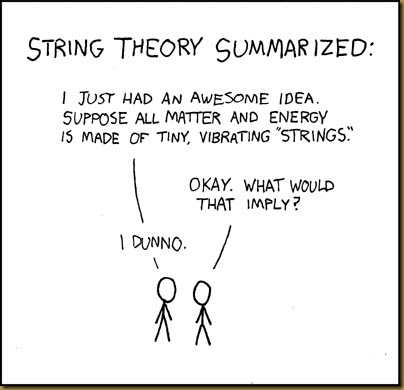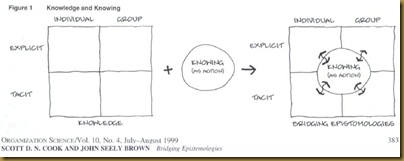I am now on to reading some of Donald Schon’s work, specifically the first chapter from his Educating the Reflective Practitioner: Toward a New Design for Teaching and Learning in the Professions. I have liked his work for some time, though have never read it, per se, for a class.
I am starting to wonder how people such as Schon, Wenger, Foucault, or Ortega y Gasset conceptualize or theorize about the world and how we make meaning out of it, and then the rest of us who engage in research rely on them for guiding frameworks and theoretical foundations? Few of that class of thinker provides much research-based evidence for their work, though in some way they get tapped to be quoted without their having to support their work in the same way that one who writes for peer review needs to do. While we can point to some being philosophers (and thus there is the result), I am not sure that Wenger or Schon would ordinarily fit into that classification.
I wonder if there is anything that explains how or why that happens?

